Illegal fishing threatens Mozambique’s biodiversity
Master’s degree in Conservation Biology takes place at the Biodiversity Laboratory of Gorongosa National Park
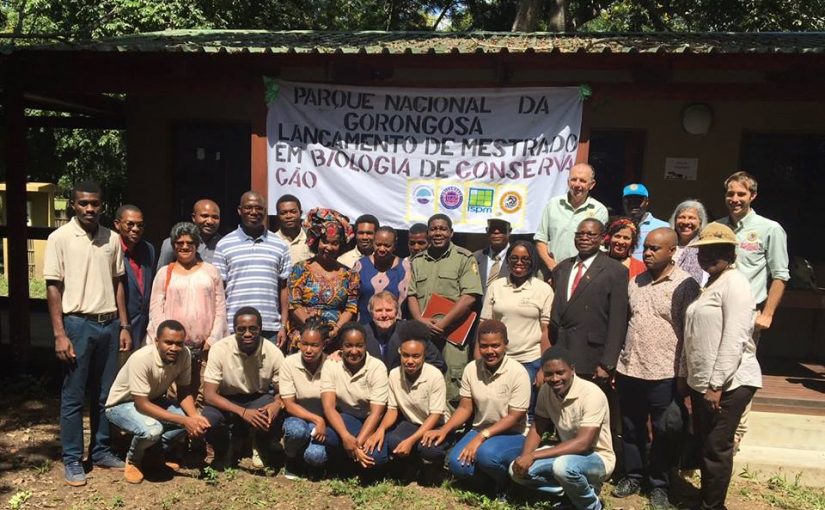
Photos: Gorongosa National Park
Four higher education institutions – Unizambeze, Unilúrio, Instituto Superior Politecnico de Manica and Universidade Nova de Lisboa – are offering a Master’s degree in conservation biology, to be conducted in Mozambique’s Gorongosa National Park.
The first phase starts with a class of twelve students selected by public competition.
The deputy minister of Science, Technology and Higher Education, Leda Hugo, who launched the project, said the course would train conservation biologists who would in turn help communities preserve biodiversity to promote the sustainable use of natural resources.
Hugo recalled that Mozambique’s Strategic Plan for Higher Education 2012-2020 is mandated to promote equal participation and access to higher education, responding dynamically to the country’s needs and developing research to build intellectual and scientific capacity.
“It is in this context that we reiterate our greetings and congratulations to Unizambeze, Unilúrio and ISPM on the partnership established with the Agronomy faculty of the New University of Lisbon and the government for hosting this course. We commend the direction of Gorongosa National Park for providing this strategic alliance, in what is considered one of the best tourist destinations in the world,” Hugo said.
Gorongosa’s future and integrated scientific research
The Master’s Programme in Conservation Biology was conceived by the ‘BioEducation’ consortium composed of Zambezi University, Lúrio University, Manica Polytechnic Institute and Gorongosa National Park. It is intended, through this master’s degree, to give a solid background in conservation biology, ecology and environmental management.
The BioEducation Consortium is formed in partnership with Universidade Nova de Lisboa , from Portugal and supported by the Institutional Development Fund and the American Howard Hughes Medical Institute Foundation.
The first intake consists of 12 students, of whom five are female and seven are male. The Master’s programme lasts 22 months and will provide students with a critical and conceptually sophisticated understanding as well as practical experiences to make a difference in the conservation area in Mozambique.
This Master’s degree, one of the first to be held in a conservation area, will provide students with the opportunity to apply knowledge, skills and attitudes developed during the course and in the context of research development, enable a melding of theoretical and practical knowledge, and give the student the opportunity to solve real technical problems.
In a statement released yesterday, Gorongosa Park says: “We are honoured to welcome you, we congratulate you on your dedication and encourage you to work for conservation in Mozambique and beyond”.

The Gorongosa Project seeks to integrate conservation and human development with the understanding that a healthy ecosystem will benefit human beings, who in turn will be motivated to support the Gorongosa National Park goals.
Scientific research is an integral part of the long-term plan for the restoration of the Gorongosa ecosystem because a deep understanding of the Gorongosa ecosystem will help Park management make better conservation decisions. The Edward O. Wilson Biodiversity Laboratory was inaugurated in March 2014, and has placed Gorongosa as one of the most advanced research centres in Southern Africa. The laboratory has attracted national, regional and international attention and scientists from several institutions have been conducting research in the park, including the Eduardo Mondlane the Lúrio Universities in Mozambique, the University of Coimbra in Portugal, and Harvard and Princeton Universities in the USA.
One of the Laboratory’s most important roles is to train the next generation of Mozambican scientists in the park and to send them to university to obtain advanced degrees.
Some young people from neighbouring communities and technical schools in the central region receive total or partial financial assistance from the laboratory, and have already begun to study in universities and secondary schools for future careers such as veterinarians, ecologists and laboratory technicians.
If you would like more information on this subject, or if you would like to make an appointment with the people involved in the project, please call Vasco Galante at +258 822970010 or email [email protected].
For general information, please see www.gorongosa.org


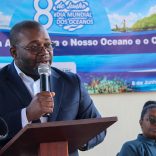
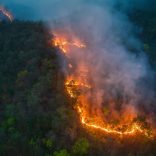
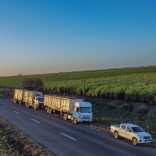
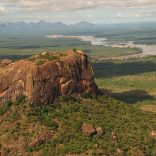

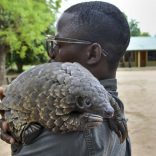



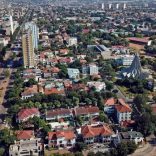
Leave a Reply
Be the First to Comment!
You must be logged in to post a comment.
You must be logged in to post a comment.